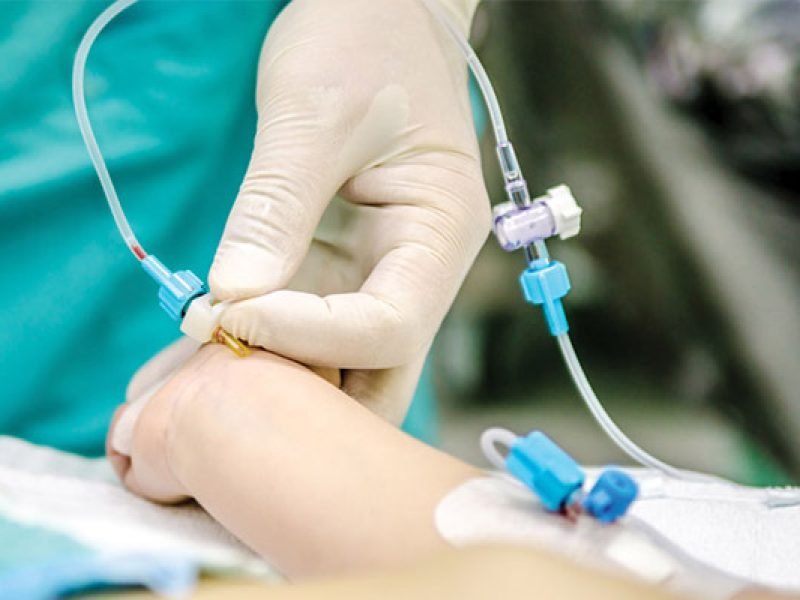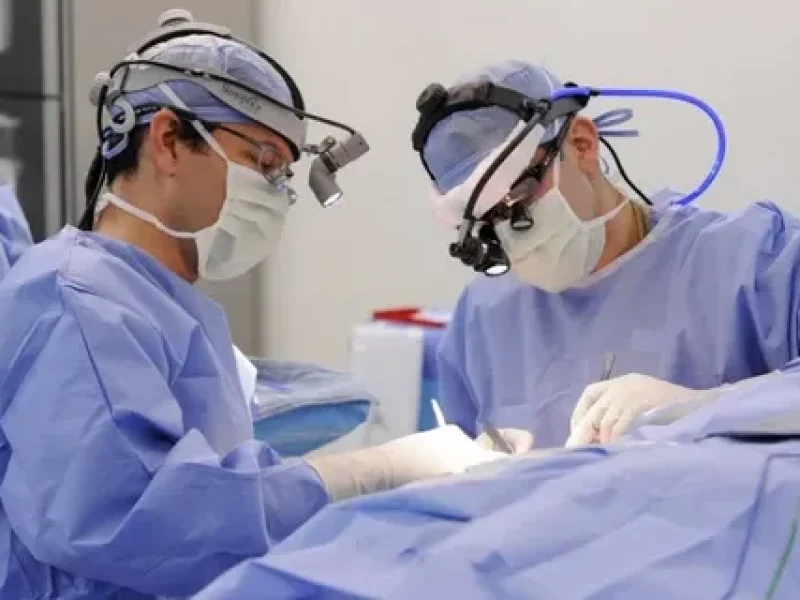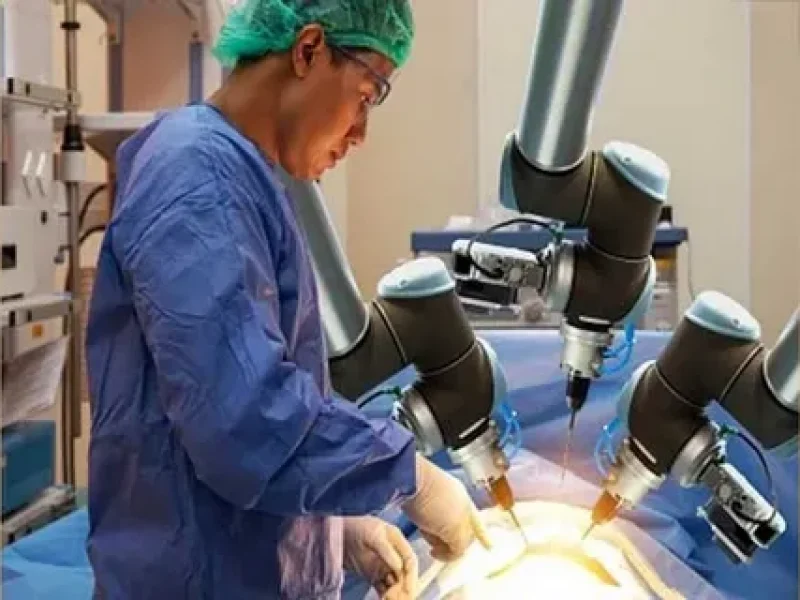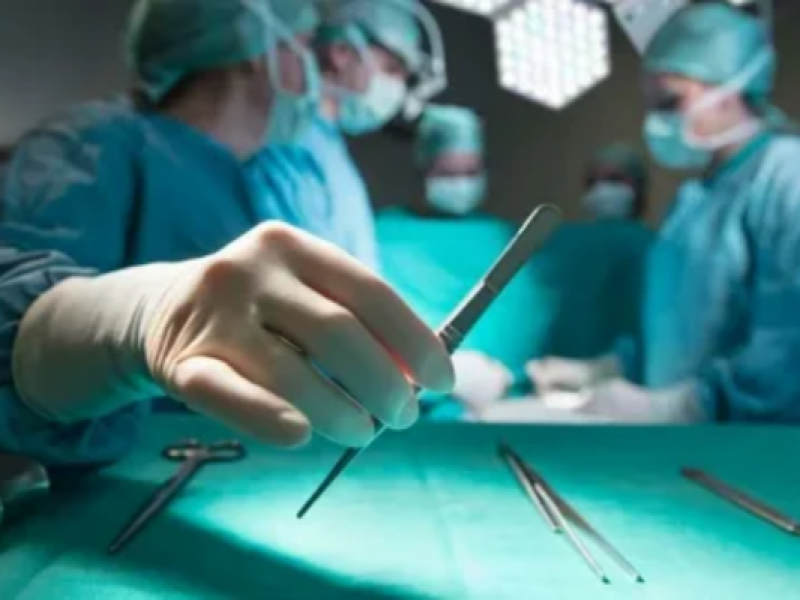
Expertise in Minimally Invasive Surgery
Dr. Ali is qualified to do minimally invasive surgeries with reduced recovery time, diminished scarring, and fewer chances of complications.

State-of-the-Art Technology Access
Dubai is known for its medical facilities, particularly in comparison to other Gulf areas, where treatment options are available with the most advanced technology, including robotics surgery, 3D imaging, and targeted therapies for lung cancer.

Multidisciplinary care
It means lung cancer surgeons, oncologists, and others work together to ensure a comprehensive treatment plan for every patient's condition.




















